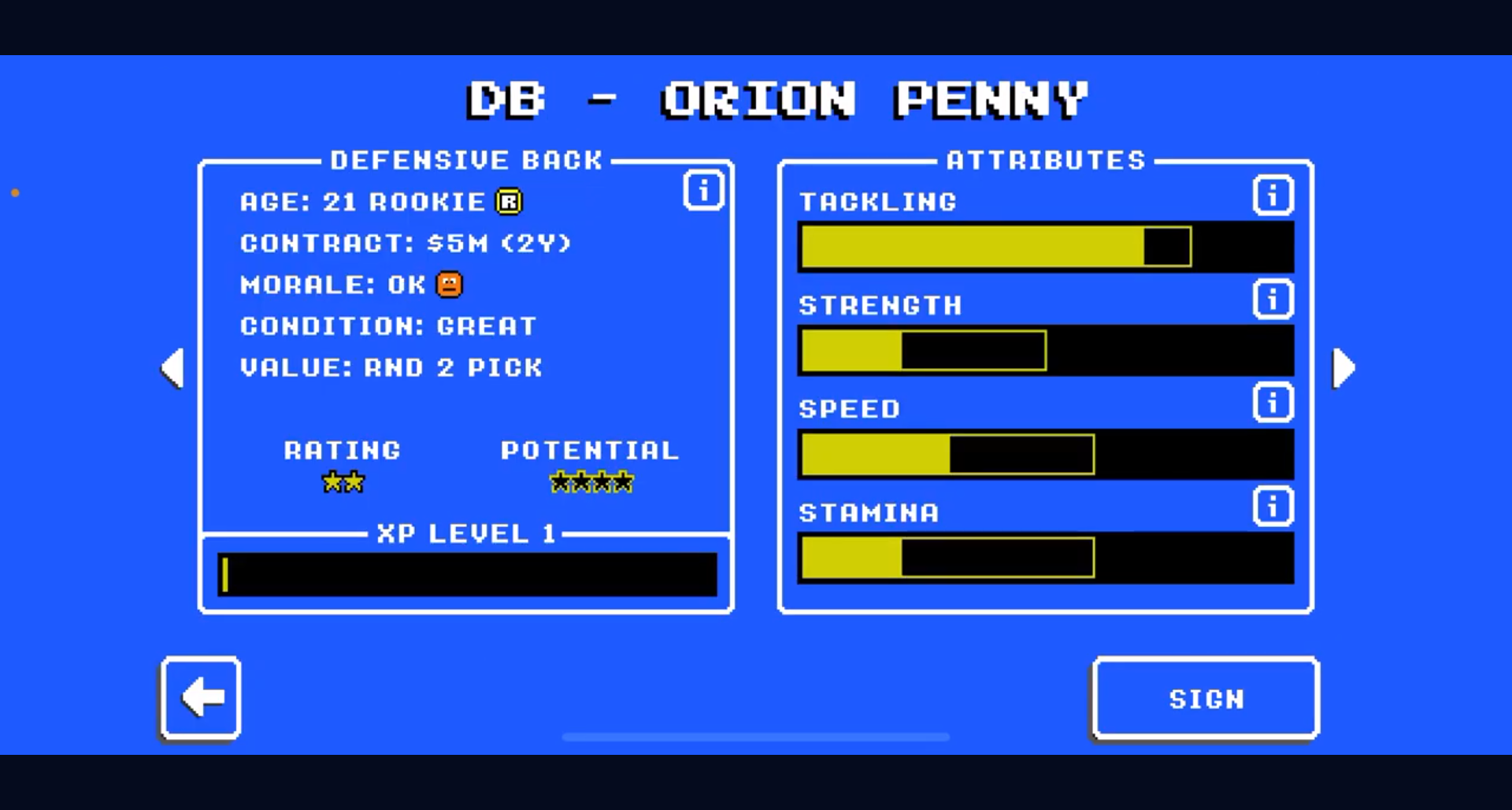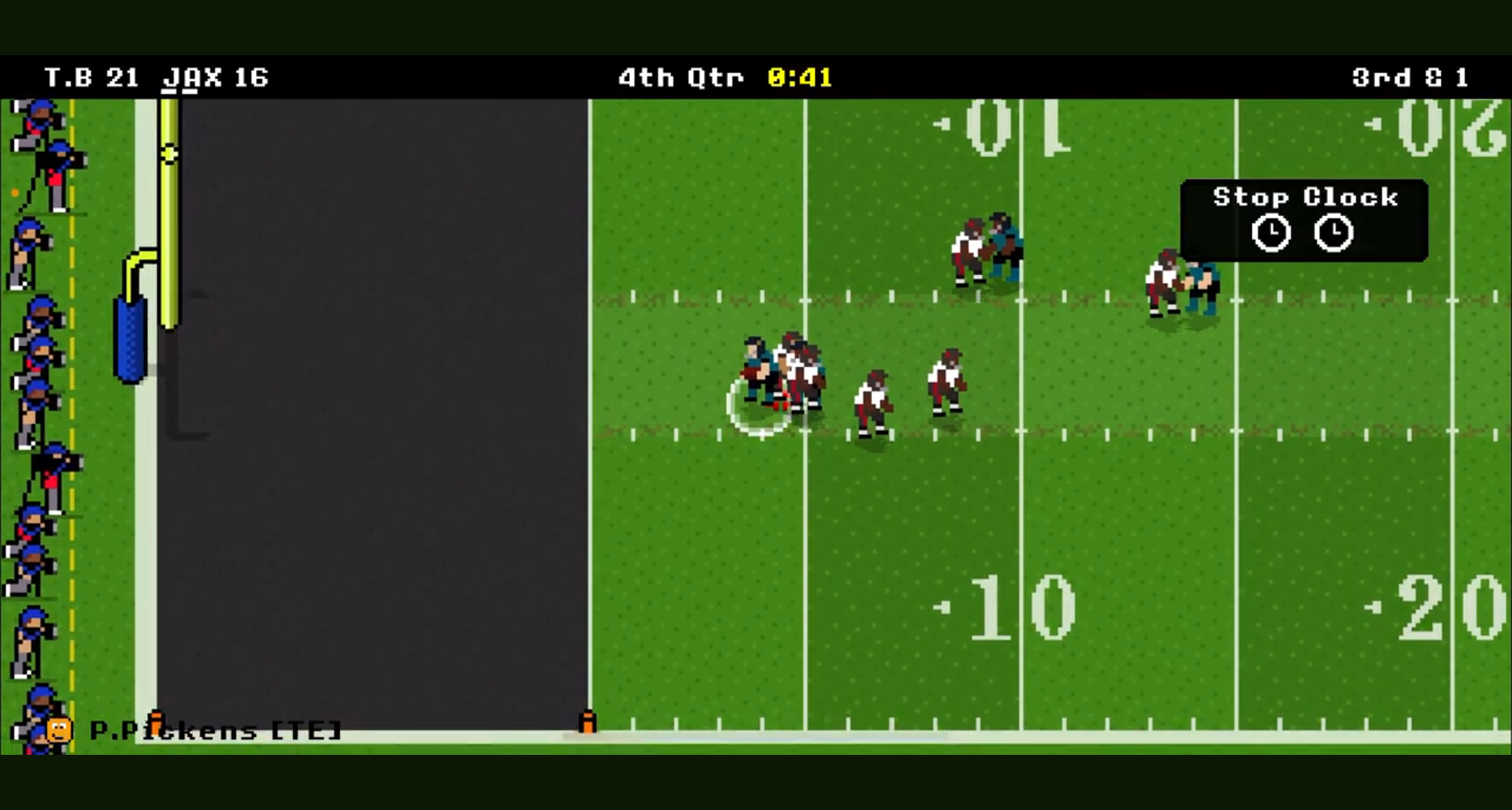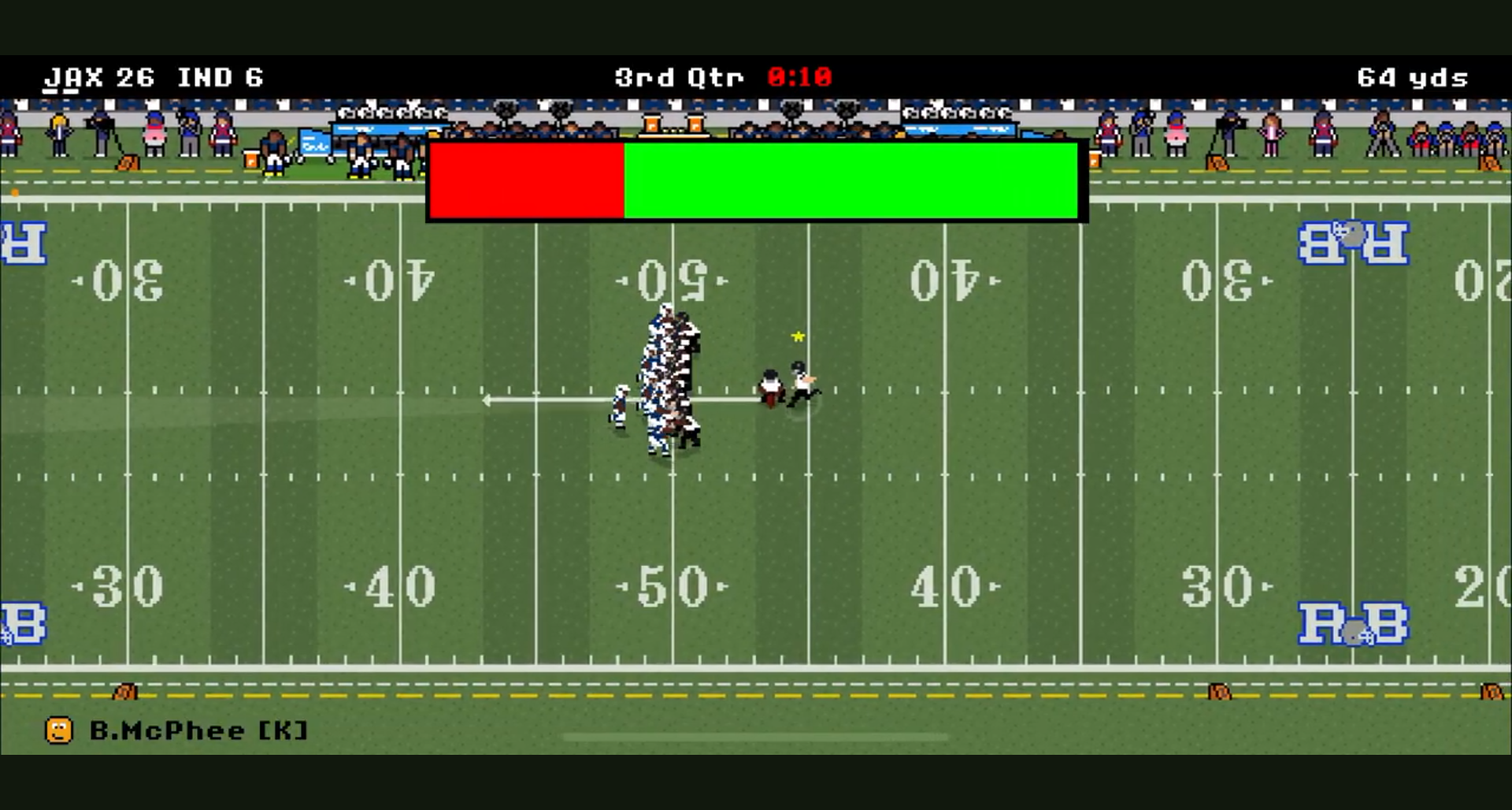Retro Bowl has captured the hearts of many gaming enthusiasts with its unique blend of retro-style visuals and engaging football gameplay. This mobile game brings players into a simple yet addictive football management experience, which combines straightforward mechanics with the thrill of sports strategy. The appeal of Retro Bowl lies in its ability to recreate the nostalgia of classic sports games while providing enough depth to keep players invested. With this in mind, a significant question arises: can players retire in Retro Bowl? This article aims to explore that very question, alongside the implications and strategic considerations related to player aging and performance within the game.
Understanding Player Retirement in Sports Games
Concept of Player Retirement
In sports video games, player retirement is the mechanism by which athletes conclude their playing careers, often due to age or performance decline. This concept is not only crucial for realism but also significantly impacts gameplay and strategy. When players retire, teams must adjust their rosters, leading to potential overhauls and dramatic shifts in team composition. This dynamic fosters a competitive balance within the league, as teams that manage player retirement effectively can maintain their performance over the years.
Retirement Mechanisms in Other Sports Games
Many popular sports titles like Madden NFL and NBA 2K incorporate robust retirement features. For instance, in Madden NFL, players may retire at the end of a season, which can prompt teams to reassess their strategies and potential drafting or trade plans. In NBA 2K, player retirement is accompanied by detailed announcements and statistics, giving the event significant weight in a player’s career trajectory. Such mechanics not only enhance the user experience but create layered challenges that mimic real-life sports management.
Player Retirement in Retro Bowl
Current Game Mechanics
In the current version of Retro Bowl, players experience a unique take on player longevity, where performance can be tracked over time. Each player ages as the seasons progress, with age influencing their performance metrics significantly. Once players reach a certain age, their skills may begin to decline, prompting team managers to make difficult decisions regarding trades or replacements.
This aging mechanic adds depth to the game, as it forces players to continually assess their rosters and consider the implications of longevity versus performance. For example, a quarterback may be a star player in their prime but may rapidly decline once they pass the age of 30.
Is Retirement a Feature?
Currently, it is important to note that players cannot officially retire in Retro Bowl. Older players may see diminishing performances, but they don’t have a formal retirement mechanism in place. Instead, players often continue to play until their performance has markedly declined. Other possible scenarios include being dismissed or removed from the team, but these actions do not come across as true retirement. As a result, the entire mechanic leaves some players pondering their long-term strategies regarding roster management and player substitutions.
Implications of No Retirement Feature
Gameplay Balance
The absence of a dedicated retirement feature in Retro Bowl leads to distinct gameplay dynamics. Without the concern of managing retirements, players might favor long-term player development over strategic trades and rosters. This creates scenarios where veteran players block the development of younger talents, impacting overall game strategy.
As players become accustomed to relying on aging veterans without considering their potential retirement, it can lead to roster freezes or unplanned shifts in team dynamics when a star player’s performance suddenly dips.
Realism vs. Arcade Style
The lack of a player retirement feature affects the game’s realism, contrasting starkly with real-life sports dynamics where athletes naturally age and retire. By foregoing this element, Retro Bowl leans heavily into its arcade-style roots, prioritizing fun and fast-paced gameplay. This balance is essential for engaging casual players who may prefer the thrill of continuous play over meticulously managing player careers across decades.
Community Reactions and Feedback
Player Sentiments
The gaming community has voiced diverse sentiments regarding the absence of a retirement feature in Retro Bowl. Many players express frustration on community forums and social media, wishing for a more realistic approach to player management. Discussions reveal a desire for deeper gameplay mechanics that reflect real-world sporting experiences, including player retirements. Suggestions often revolve around updating the game to include formal retirement paths and related strategies.
Developers’ Perspective
From the developers’ standpoint, the choice to omit retirement mechanisms reflects an intent to maintain the arcade spirit of Retro Bowl. This decision may stem from a focus on ensuring a quick and engaging experience, as seen in their previous design choices. While real-life dynamics may enrich the gameplay, the developers likely aim to keep Retro Bowl accessible and enjoyable for a broad audience.
Future Possibilities

Potential Updates
As the gaming landscape evolves, the possibility of introducing a retirement feature in future updates should not be dismissed. The **community’s influence** significantly shapes game development, and ongoing feedback can lead developers to consider implementing new features. If updates could bring features addressing aging players’ dynamics, it could drastically enhance the strategic layers within the game.
Alternatives to Retirement
Although retirement is not an option, players have alternative strategies to manage aging athletes. Implementing trades or restructuring contracts may allow managers to mitigate the effects of declining performances. For example, players may trade an aging star for younger talent or utilize contracts to build robust rosters. Such tactics encourage innovative management styles, emphasizing player development without relying on traditional retirement features.
Conclusion
The question of whether players can retire in Retro Bowl brings to light several strategic considerations about gameplay and player management. While the absence of a retirement mechanism may frustrate some players seeking realism, it solidifies Retro Bowl’s position as an arcade-style game focused on quick fun. As players continue to navigate this dynamic landscape of performance and longevity, there remains potential for future updates to enhance the gameplay experience further.
FAQs about Player Retirement in Retro Bowl
1. Can players retire in Retro Bowl?
No, players cannot officially retire in Retro Bowl, but their performance may decline with age.
2. How does aging affect players in Retro Bowl?
As players age, their skills and performance metrics decline, which can impact team dynamics and strategy.
3. What happens to players who decline in performance?
Players do not formally retire but may be dismissed or removed from the team instead.
4. How can players manage aging athletes?
Players can manage aging athletes by trading them, restructuring contracts, or prioritizing younger talent.

5. Are there any sports games with a retirement feature?
Yes, games like Madden NFL and NBA 2K have robust retirement features that impact gameplay.
6. What do players in the community think about the lack of retirement?
Many players express frustration regarding the absence of a retirement mechanism and seek updates to include this aspect.

7. Can player retirement enhance gameplay experience?
Yes, player retirement can introduce new strategic layers, compelling managers to make tough roster decisions.
8. Will Retro Bowl consider adding retirement features in future updates?
While it’s uncertain, community feedback can influence developers to explore retirement features in potential updates.
9. What does the absence of retirement mean for gameplay balance?
Without retirement, players may focus on long-term player development, which can lead to roster management challenges.
10. How does Retro Bowl maintain arcade-style gameplay?
Retro Bowl focuses on fast-paced gameplay and fun over realism, keeping the experience accessible for all players.
Summary Table
| Feature | Availability in Retro Bowl | Impact on Gameplay |
|---|---|---|
| Player Retirement | No | Lack of roster overhaul challenges |
| Aging Mechanic | Yes | Forces management decisions |
| Trade Options | Yes | Allows for roster flexibility |
| Community Feedback | Yes | Influences potential updates |
| Realism vs. Arcade Style | Arcade Style | Focus on fun and fast-paced gameplay |